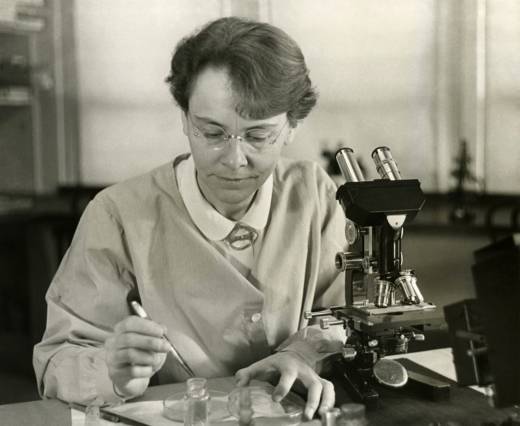The Twitter conversation branched from multiple roots. On June 7, Eric Kelderman, reporter for the Chronicle of Higher Education, sent out a critical tweet of a female academic who responded to his media inquiry by suggesting that he should have used “Professor” or “Doctor” (the tweet has since been deleted). The next day, a doctor from the U.K., David Naumann, criticized doctors, medical or otherwise, who use their title in a nonprofessional setting. And a few days later the Globe and Mail, a Canadian newspaper, announced revised style guidelines wherein only medical doctors would be referred to using “Dr.”, a convention that is already used most of the time by the Associated Press and news outlets that follow AP Style (including KQED). What followed was an explosion of opinions and experiences revolving around titles, expertise, and gender and racial bias.
Many Ph.D. holders are fine with reserving the title for medical doctors in common parlance, viewing insistence on the title as arrogant and elitist, and do not use their titles even in a scholarly setting. But for women and people of color, an academic title can be a tool to remind others of their expertise in a world that often undermines it.
Some Ph.D. holders who insist on titles say that they actually prefer their first names. But given the discrepancy in usage, some women feel they must use and defend their titles, especially where the alternative is a gendered title like “Ms.”, “Mrs.”, or “Miss”. Fern Riddell, a Ph.D.-holding historian, wrote:
Following backlash to the tweet, which described her as “arrogant” and “immodest,” Riddell coined the hashtag #ImmodestWomen, encouraging hundreds of women to change their Twitter handles to include “Dr.” or share experiences of bias. Riddell later wrote about the rationale behind the hashtag, saying that “we define women by their ability to be well behaved.” #ImmodestWomen was “retaliation.”
The tweets show “Dr.” is preferred by many women because it is both unrelated to marital status and gender-neutral, unlike “Mrs.”, “Miss”, or “Ms”. Several tweets described situations where a woman’s husband or colleague was referred to as “Dr.” (whether or not he actually had a doctorate) while she got “Mrs.” or a first name.
In other anecdotes, female doctors (M.D. and Ph.D. alike) were met with utter confusion when they answered the phone to a caller looking for “Dr.”, or presented an airline ticket bearing the title. Even in 2018, with women making up 34 percent of active physicians and more than half of medical school matriculants and doctorate recipients, many people assume that “Dr.” refers to a man.
Bias in forms of address and use of titles is not limited to gender, many participants in the Twitter discussion pointed out. People of color with doctorates are also often not given the courtesy of their title, which echoes a long history of racially biased uses of titles. History professor Charles W. McKinney wrote:
The bias reflected in these stories is backed up by data. Last year, a study from the Mayo Clinic found that female doctors were introduced by their first names, rather than a professional title, much more often than male doctors. And on June 25, researchers from Cornell University published results showing that female professionals are half as likely as their male colleagues to be referred to by their last names, a practice that is associated in the study with lower status.
“The way that we speak about others influences and is influenced by the way that we think about them,” wrote Stav Atir and Melissa J. Ferguson, authors of the recent paper.
Atir and Ferguson described eight different studies, covering forms of address in professor evaluations, talk radio and under experimental conditions. Across the board, female professionals were less likely to be referred to solely by their last name. They even found that fictional researchers who were described with last name only were perceived as better known, more eminent, higher status, and more deserving of awards.
